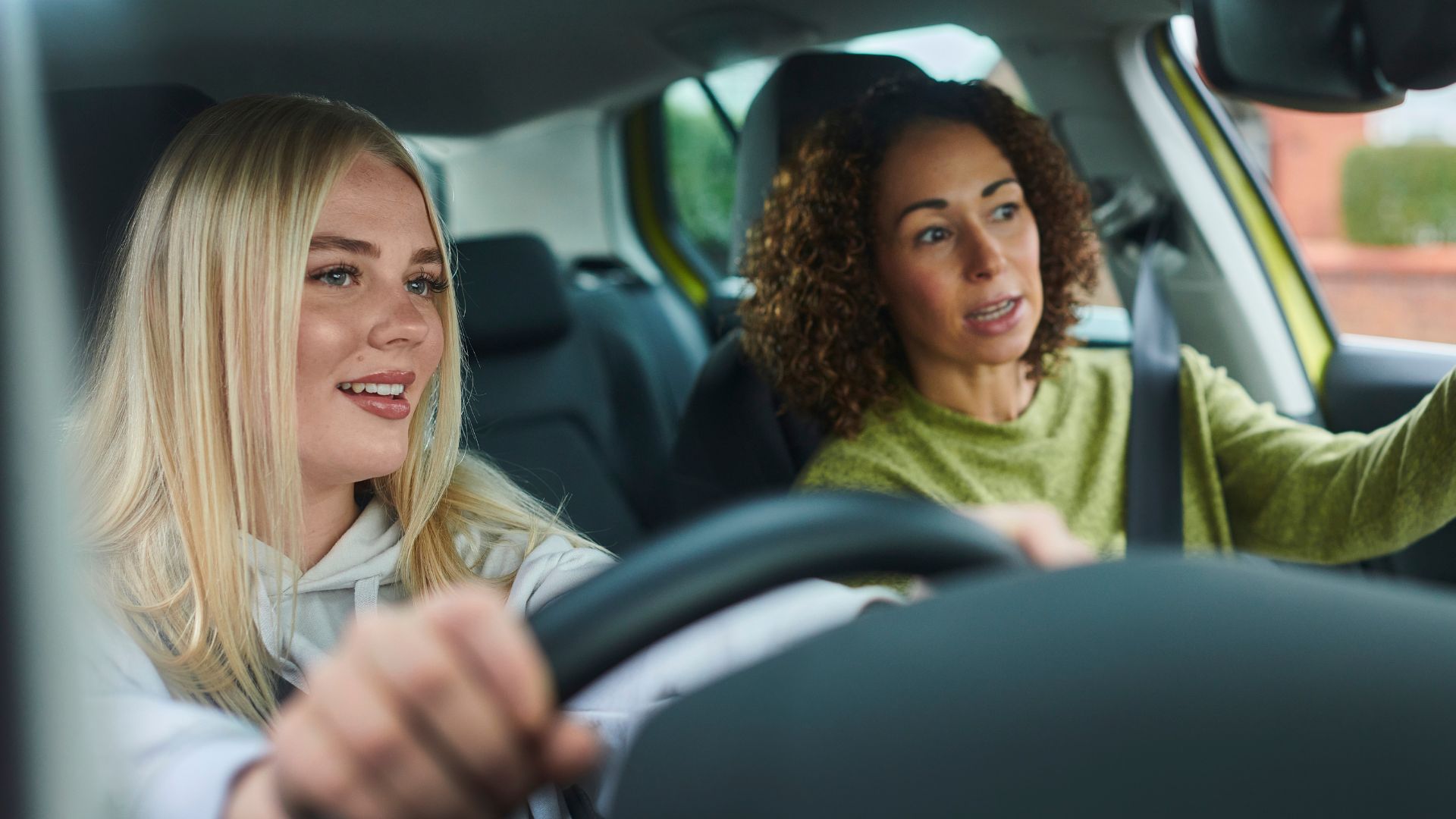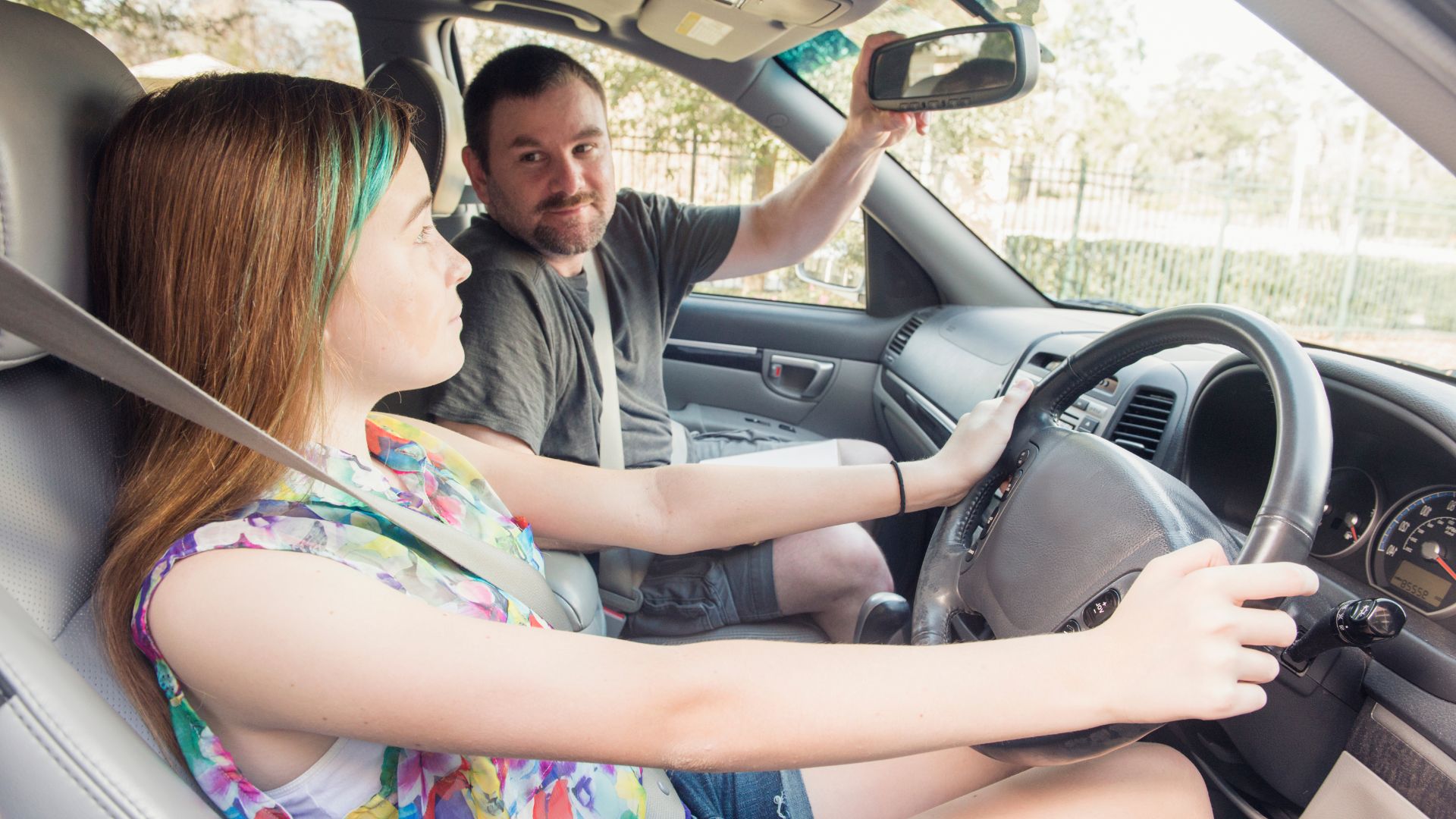Steering your teen towards safety: Road safety rules that save lives
Parental guidance is the ultimate GPS for teen driver safety. Discover how to protect your young driver before they get behind the wheel.
Navigating the world of teenage driving can be a challenging journey for parents. The transition from passenger to driver is a critical moment that demands careful guidance, education, and support. Road safety isn't just about following rules; it's about instilling a lifelong commitment to responsible driving.
According to Road Sense Australia, young drivers aged 17-25 make up only 15% of licence holders but represent 25% of annual road fatalities. This stark statistic highlights the critical importance of proactive parental involvement in road safety education.
By taking an active role in teaching and modelling safe driving behaviours, parents can significantly reduce the risks faced by young drivers and help them develop the skills and mindset needed to adhere to road safety rules and navigate our roads safely and confidently.
Leading by example: A parent's road map to teen driver safety
The most powerful driving lesson happens long before your teen gets behind the wheel. As a parent, your behaviour on the road sets the foundation for your teenager's future driving habits. Every journey is an opportunity to demonstrate responsible driving, from how you handle stress to your respect for traffic regulations and road safety rules.

Practice what you preach: Personal driving behaviour
Your teenagers are constantly observing your driving habits. When you consistently wear a seatbelt, obey speed limits, avoid distractions, and demonstrate patience on the road, you're providing a living textbook of safe driving principles. Children who see their parents following road rules are likely to internalise these behaviours as normal and essential.

Open communication about road risks
Create a judgment-free environment where your teen can discuss driving concerns, near-misses, or mistakes. Encourage honest conversations about potential road hazards, the dangers of distracted driving, and the consequences of ignoring road safety rules. These discussions should be supportive, focusing on learning and growth rather than criticism and blame.

Supervised driving and gradual skill-building
Invest significant time and effort in supervised driving experiences for your teen. Start in low-stress environments like empty car parks or low-traffic roads, then progressively introduce them to more complex driving scenarios. Provide calm, constructive feedback and create a structured learning approach that builds confidence and competence incrementally.

Emotional regulation and stress management
Driving can be stressful and evoke emotions. Help your teen develop strategies for managing these emotions while driving. Teach techniques for staying calm under pressure, recognising when they're too stressed or tired to drive, and making responsible decisions about alternative transportation. Emotional intelligence is a critical component of safe driving.

Understanding vehicle maintenance and safety
Road safety extends beyond driving skills. Teach your teenager about basic vehicle maintenance, including checking tyre pressure, understanding warning lights, and the importance of regular servicing. A well-maintained vehicle is a safer vehicle, and this knowledge promotes responsible car ownership and gives them additional confidence to take on the road.

Technology and distraction management
Teach your teen to manage technological and other distractions effectively. Demonstrate the use of 'do not disturb' or ‘silent’ modes, explain the fatal risks of texting while driving, and establish clear family rules about phone use behind the wheel. Consider using apps that limit phone functionality while driving to ensure your teen is focused when driving.
What Our Community Says About Us
Our Partners





Youthsafe: Championing young driver safety
Youthsafe is an Australian organisation dedicated to preventing youth injuries and promoting safe practices. Our comprehensive driver education programs provide invaluable resources for parents and teens, offering workshops, online materials, and expert guidance to support young drivers’ safety journey.
Through research-based strategies, we work to reduce road trauma among young people. Our holistic approach addresses not just driving skills, but the broader cultural and psychological factors that influence road safety.
FAQs
The primary risks include inexperience, overconfidence, peer pressure, technological distractions, and emotional immaturity. Young drivers underestimate dangerous situations, overestimate their driving abilities, and make impulsive decisions. Speed, alcohol, and distracted driving are also significant contributors to teenage road accidents.
Consider additional professional driving lessons, enrol in advanced driver training programs, and continue providing patient, constructive supervision. If significant concerns persist, consider restricting driving privileges until skills and confidence improve.


